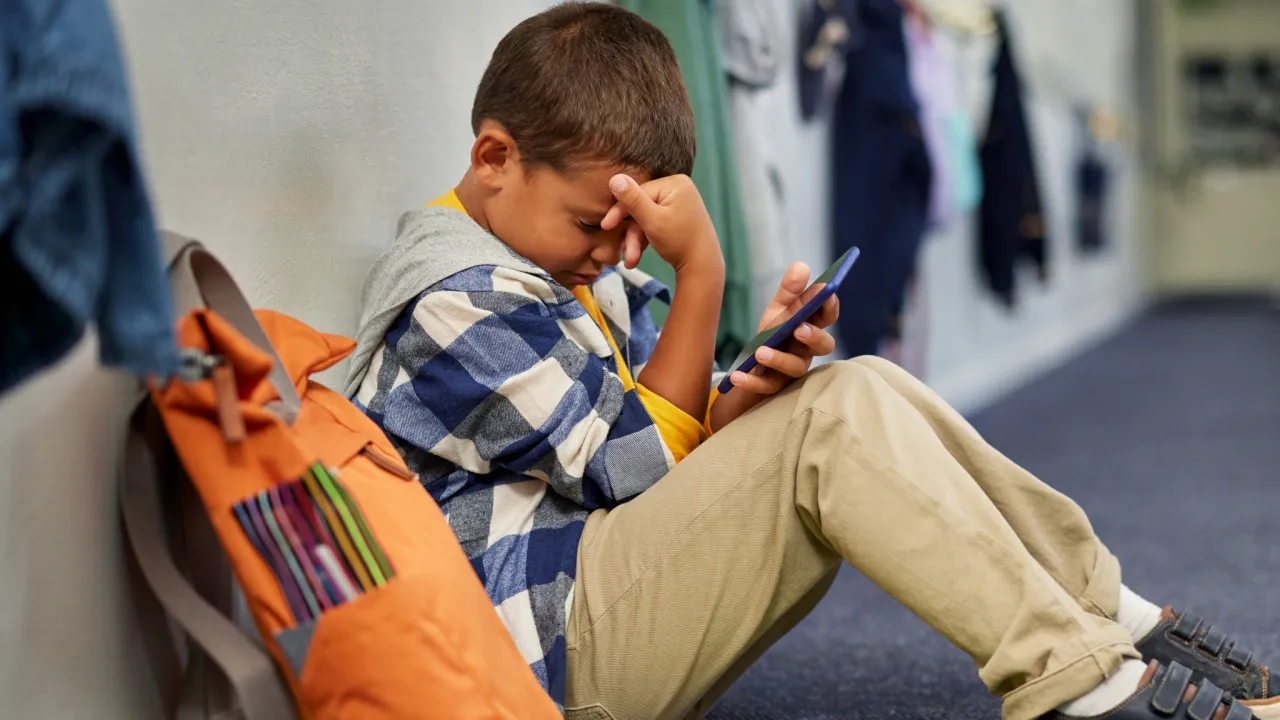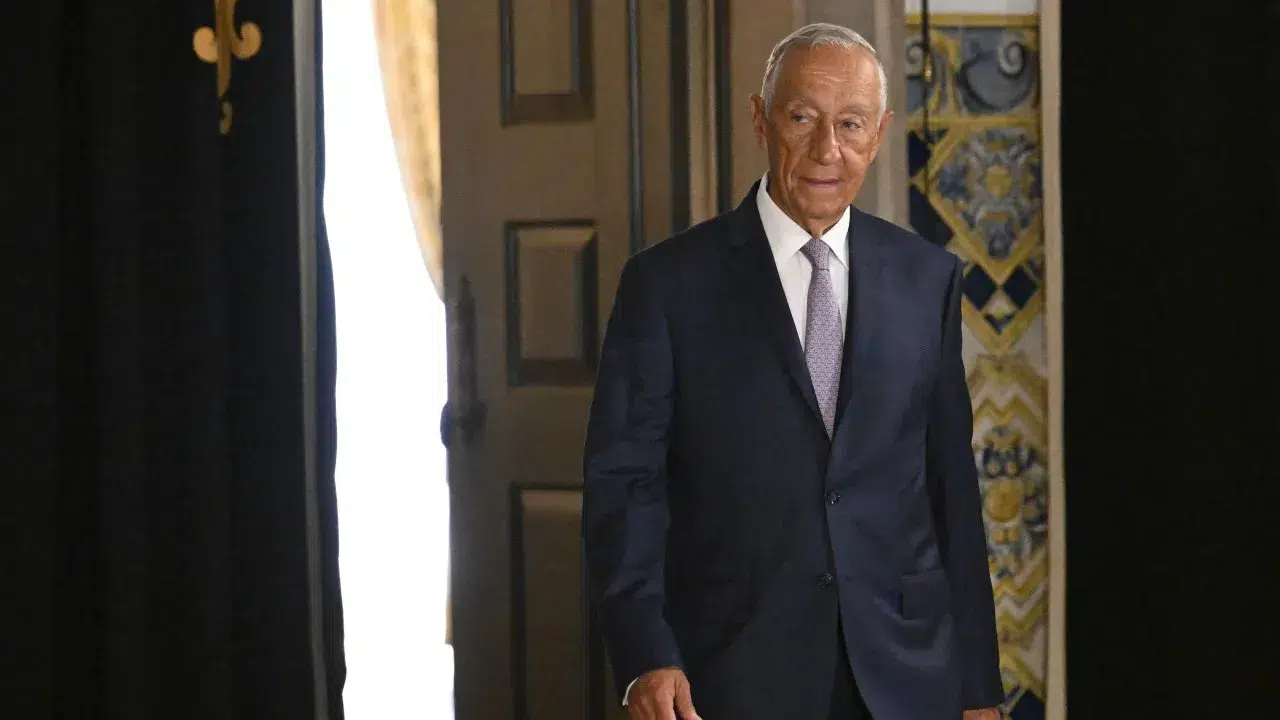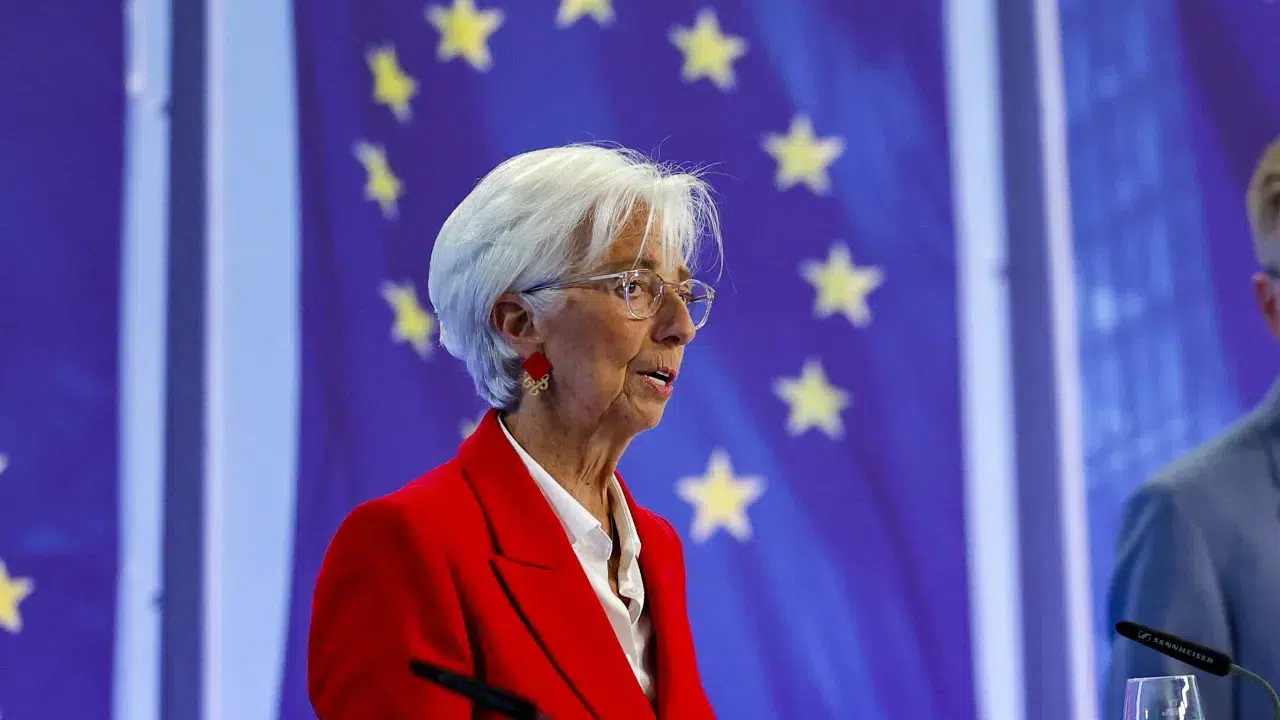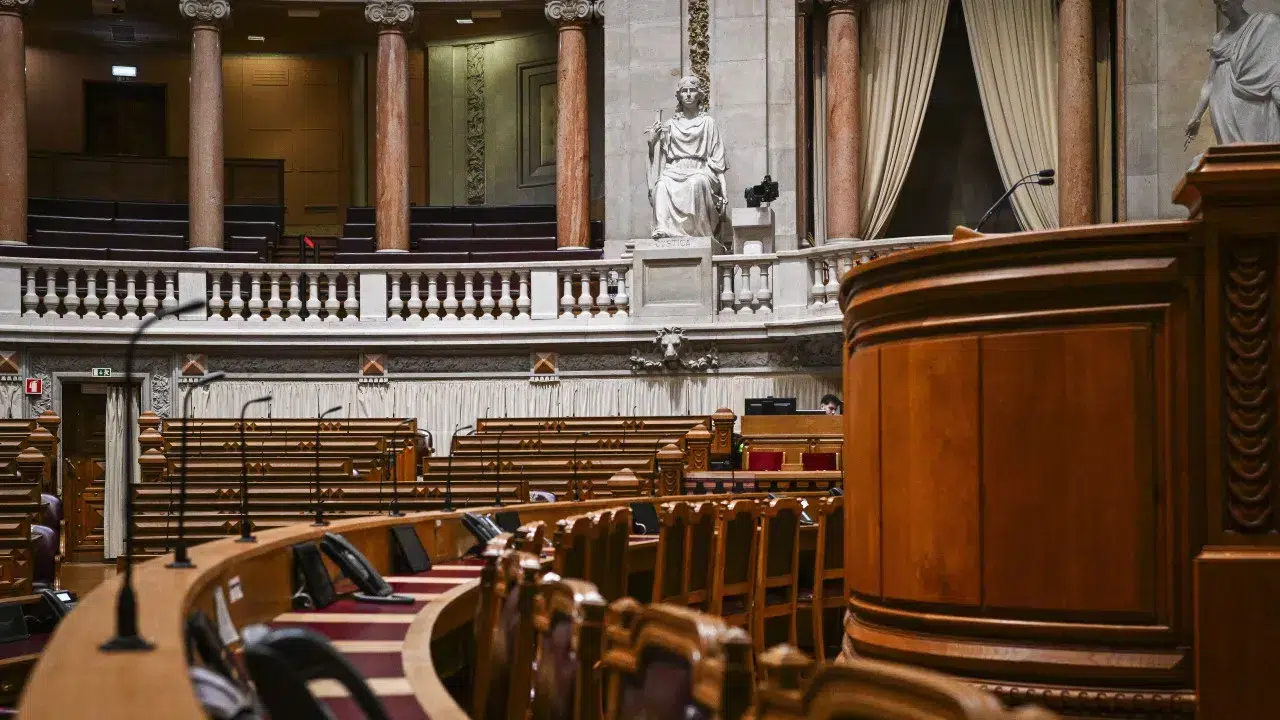
The National Council of Ethics for the Life Sciences and the Spanish Bioethics Committee have called for effective mechanisms to verify the age of social media users and supported the ban on mobile phones in schools.
The two institutions also advocated, in a statement released today, the creation of a public social network funded by European funds, similar to the systems in place in several countries for television, radio, and cinema.
The stance of the two entities from Portugal and Spain was outlined during the 34th National Forum of Ethics Councils, held on Thursday and Friday in Warsaw.
The conclusions now made public are described as “the first Iberian recommendations for the mental health of children and adolescents.”
Key aspects highlighted include the need to regulate the use of social media to prevent abuse and pathological situations, promote digital literacy among families and civil society, and require technology companies to implement effective age verification mechanisms, as well as the rejection of practices that encourage addictive behaviors.
“This work results from an ongoing reflection between the two ethics councils and seeks to address a growing concern throughout Europe regarding the harmful effects of social media on childhood and adolescence,” stated the National Council of Ethics for the Life Sciences in the communiqué.
The entities also advocate for the prohibition of mobile phone use in schools, especially until the 6th grade of Basic Education, and to limit usage between the 7th and 9th grades.
“These initial proposals also highlight the importance of reclaiming European sovereignty in the digital space through the creation of a public social network financed with European funds, reflecting common European values—similar to what already exists in several countries with television, radio, and cinema,” the Council added.
In Spain, the Organic Law Project for the protection of minors in digital environments is under discussion, aiming to regulate access to digital platforms and introduce age verification mechanisms.
“In Portugal, the Program of the XXV Constitutional Government, approved in June 2025, includes the commitment to legislate on the ethical governance of the digital environment,” the document states. “Among the planned measures are the enhancement of digital literacy, defining limits on the use of devices by children and young people, promoting responsible technology use, and involving schools, families, and tech companies in protecting minors in the digital space.”
The Minister of Education, Fernando Alexandre, has already declared that the mobile phone ban will apply to students in the first and second cycles, attending both public and private educational institutions.




